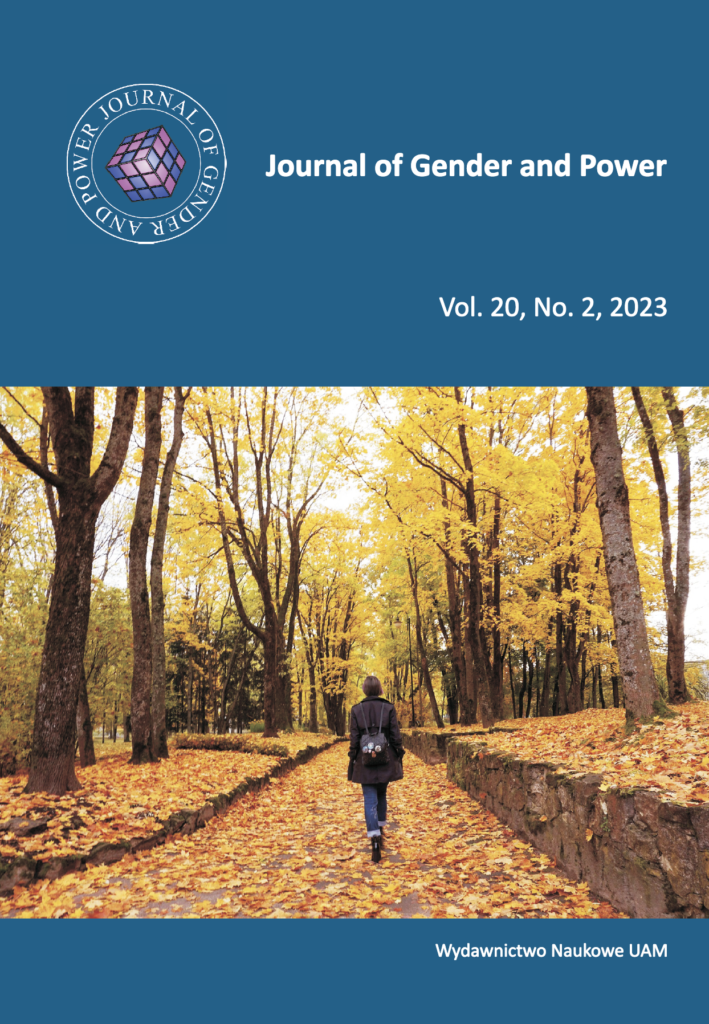The Contributing Factors to Gender Stereotype in Business Education: Maximising the Potential of Education to Change Gender Norms and the Way Forward
The Contributing Factors to Gender Stereotype in Business Education: Maximising the Potential of Education to Change Gender Norms and the Way Forward
Author(s): Olubukola Afolake Makinde, Adedoyin Adebanjo Obisanya, Adedoyin Opeyemi OkusanyaSubject(s): Gender Studies, Higher Education , Sociology of Education
Published by: Uniwersytet Adama Mickiewicza
Keywords: business education; education; gender; norms and stereotype;
Summary/Abstract: It is a common knowledge that a gap continues to exist between the males and females in occupational, educational and general career aspirations as a result of socio-cultural stereo- types which imposes a serious limitation not only to the effort of women empowerment but also on their contribution to national development. In Nigeria, the case is not different. However, in attempt to teach Business Education courses in the classroom, we have become aware of gender differences among Business Educators in their interests to participate in real-life learning tasks required to become entrepreneurs and lifelong learners upon graduation. There is need examine the contributing factors to gender stereotype in Business Education and maximising the poten- tial of education to change gender norms and the way forward. This paper used content analysis which explore the concept of Business Education, gender stereotype, gender stereotype in Busi- ness Education, the contributing factors to gender stereotype and maximising the potential of ed- ucation to change gender norms. This study concluded that gender equity in Business Education is yet to achieve sustainable level due to cultural believes and norms such as tradition and culture, parents’ attitude toward children business education, masculine image in business education, so- cietal believe and social influence. The paper suggested among others that families are advised to always give to their daughters same treatment given to their sons by reintroducing roles among both sexes at the home front, also, cultural and unscientific beliefs like the fable that educated women are proud, domineering submissive and therefore incapable of being good wives should be exposed through sensitization campaigns by all stakeholders including women themselves. Instead of remaining a tool in the hands of men, women should think seriously and work towards positive achievements in the society.
Journal: Journal of Gender and Power
- Issue Year: 20/2023
- Issue No: 2
- Page Range: 71-88
- Page Count: 18
- Language: English

